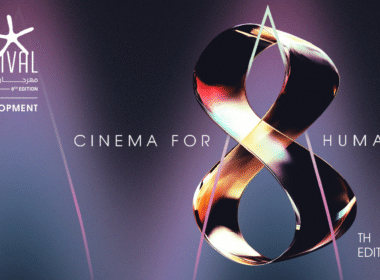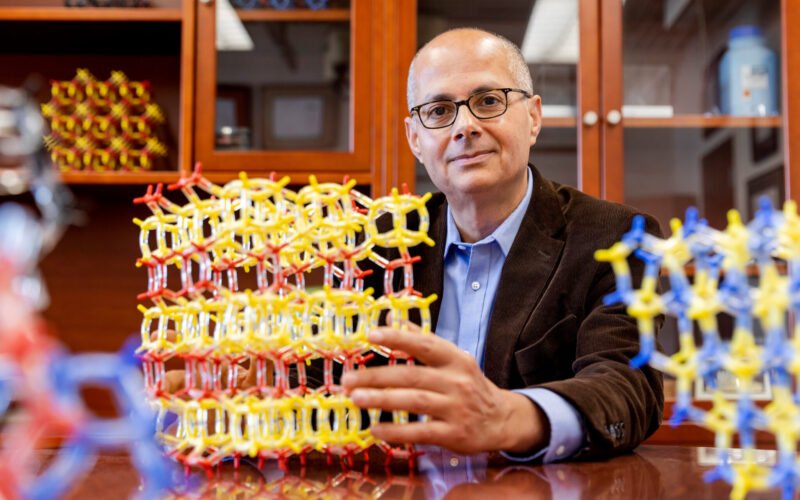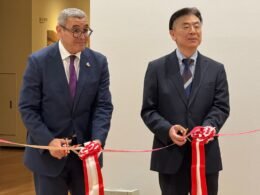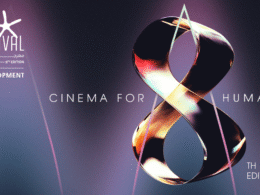In a landmark moment for the scientific world and the Kingdom of Saudi Arabia, Professor Omar Yaghi, awarded the 2025 Nobel Prize in Chemistry, has credited Crown Prince Mohammed bin Salman’s direct support as a pivotal factor in his achievement. The win, a first for a Saudi scientist, is being hailed in Riyadh as a direct fruit of the nation’s ambitious drive to become a global hub for research and innovation.
Professor Yaghi, a chemist at the University of California, Berkeley, founded the field of reticular chemistry, a breakthrough in designing molecular structures with vast potential for addressing challenges in energy, water scarcity, and carbon capture. His win represents a significant milestone for Saudi Arabia’s Vision 2030, a strategic framework aimed at diversifying the nation’s economy and strengthening its international standing in fields beyond oil.
Gratitude for a National Strategy
In statements following the announcement, Professor Yaghi expressed profound gratitude to the Saudi leadership, specifically highlighting the role of Crown Prince Mohammed bin Salman. The Crown Prince also serves as chairman of the Supreme Committee for Research, Development, and Innovation, placing him at the apex of the Kingdom’s scientific investment strategy.
“The Crown Prince’s continuous support played a pivotal role in receiving the Nobel Prize,” Yaghi stated, framing his personal achievement as a national triumph. He extended his thanks to the King Abdulaziz City for Science and Technology (KACST) for its sustained partnership through the KACST-UC Berkeley Center of Excellence, a cross-continental collaboration that has underpinned his research for years.
A Symbol for a New Generation
Beyond the immediate celebration, Yaghi positioned his Nobel Prize as a beacon for aspiring scientists across the Arab world. He emphasized that the award is a “great honor for him and for all Saudi and Arab scientists worldwide,” and expressed hope that it would catalyze a new wave of research and innovation among the region’s youth.
The recognition serves as a powerful validation of Saudi Arabia’s aggressive push to build a knowledge-based economy. By celebrating Yaghi’s work, which has direct applications in sustainability and environmental technology, the Kingdom aligns its national brand with cutting-edge science and global problem-solving.
The Rise of Reticular Chemistry
The Nobel Committee honored Yaghi for founding and developing reticular chemistry, a field that involves assembling molecular building blocks into predictable crystalline structures. These sophisticated materials, known as metal-organic frameworks (MOFs) and covalent organic frameworks (COFs), are like microscopic sponges with vast internal surface areas.
Their applications are profound; they can capture carbon dioxide from the atmosphere, harvest water vapor from desert air, and store hydrogen for clean energy. The award cements reticular chemistry’ status as one of the most impactful chemical innovations of the 21st century and marks its pioneer as a figure of historic significance for both science and the Arab world.












